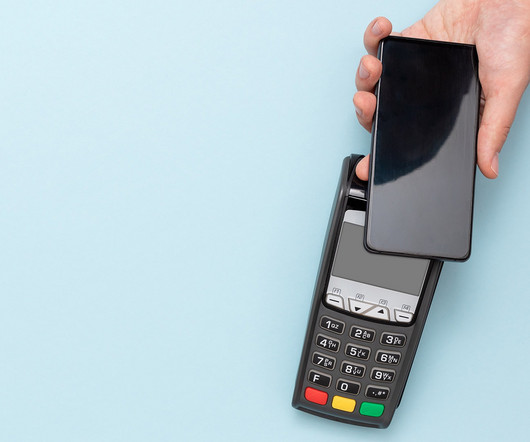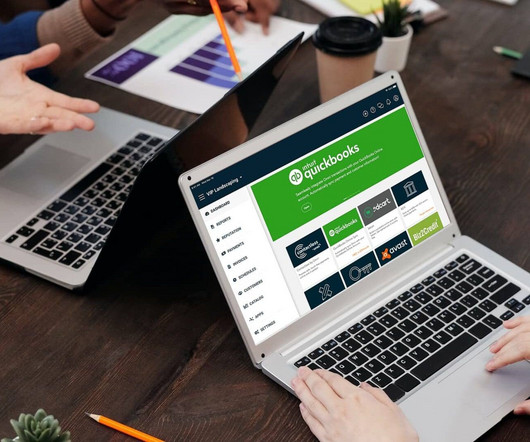What is B2B Payments Processing and How Do You Implement It?
Stax
MARCH 14, 2024
During the 2020s, almost all businesses will have been looking at b2b payments processing solutions to meet changing consumer needs. Online and contactless adoption multiplied, and digital payments rose. Between 2019 and 2020, the number of U.S. But what about in the business-to-business (B2B) sector?














Let's personalize your content